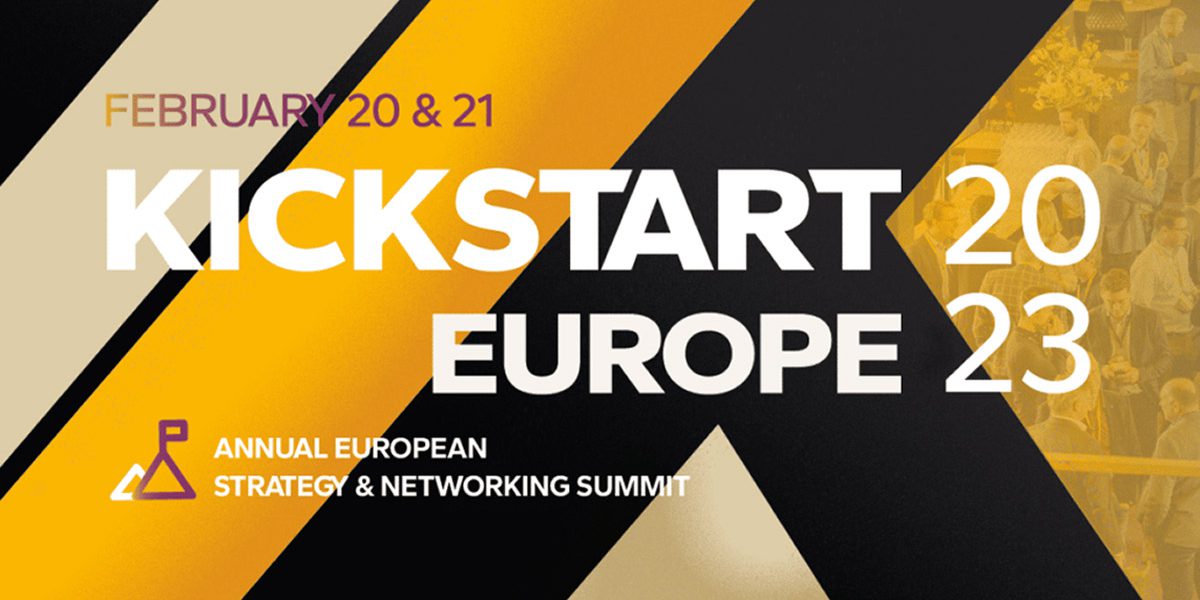Despite investing vigorously in sustainability and green solution, datacenters have been under public scrutiny lately, especially in Europe. While they are facing real challenges, the current apologetic tone of the industry’s communication is probably unnecessary.
Last week the Dutch Datacenter Association (DDA) organized their seminal Kickstart Europe event in Amsterdam. It’s especially in the Netherlands where the datacenter sector has come under a little bit of fire over the last couple of years. Vagueness surrounding an ultimately canceled new hyperscale facility near the provincial town of Zeewolde and reports of grid issues in Amsterdam have invited some caution among the generally optimistic industry experts.
3 Challenges
As Steven Brown, Global Director of the Cloud & Services Segment at Schneider Electric, put it during his keynote: the backdrop is uncertainty. Brown identified three main challenges for the sector: speed, sustainability and reliability. “We need to build faster to support growing needs,” he says, “sustainability has become a must-have, with datacenters targeting a carbon neutral footprint by 2030. And we need to support critical operations on unreliable utility power.” Those three are interrelated, and it’s difficult to get all three, he said. “The key is to address them in concert.”
Naming challenges is in itself a very positive thing. It reflects dynamism, sincerity and a constant readiness to adapt to new circumstances. Especially when it comes to sustainability, the general perception is that datacenters are among the most energy and water intensive industries out there. It should put in extra effort to reduce their energy consumption and, consequently, CO2 emissions.
Challenges AND Opportunity
At the same time it’s important to always communicate challenges together with opportunity. Datacenters may be seen as part of the problem, but in effect they should be seen as part of the solution. Natascha Geraedts, a partner and head of the Real Estate Practice Group at international law firm Evershed, mentioned that during one session on digital infrastructure supporting the energy transition. “Datacenters seem to have the idea that they have to defend themselves,” she says. “What I am missing though is that the energy transition and digital infrastructure are one and the same. We are missing out on that during discussions, also on a lower operational level. Smarter energy systems are only possible with digital infrastructure.”
Solutions are out there
And there are loads of solutions out there that can be part of the conversation. Waste heat reuse, rain water collection and filtering, liquid cooling and hardware recycling come to mind and were all discussed during the event. But it’s not just technology that can help the industry to improve its reputation. During one session, on inclusivity in the workplace, it was mentioned that only 16% of technical roles are filled by women. “There is a lot of potential there,” said Florien ten Hove of Microsoft. She explained that a diverse team introduces more perspectives, leading to better products. “Innovation needs different perspectives.”
Business wise, datacenters are doing ok. KickStart Europe 2023 saw around 1500 attendees, the largest number ever. Market figures are on the rise, and the market consolidation of the past years show the industry is seen as a safe investment. Success tends to draw tougher questions than before. In turn, that should entice datacenters to improve their communications game. The arguments are there, but the content is not fully reflecting them.






